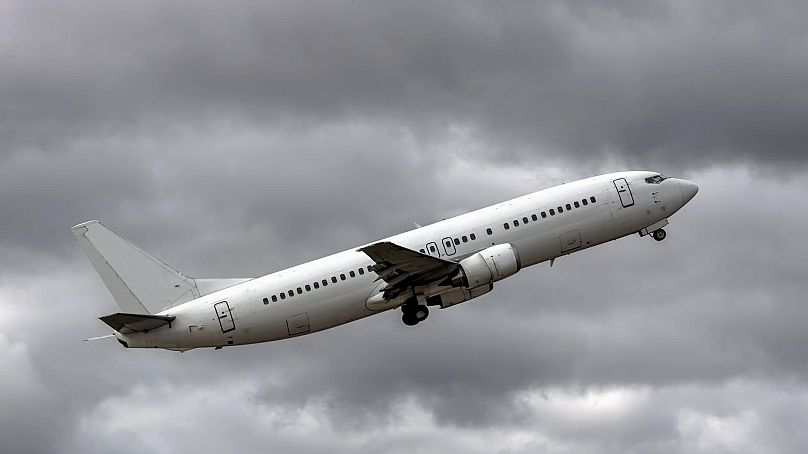Extreme weather is on the rise, so if you don’t fancy flying in a storm, here’s how to cancel your flight.
As storms swept the UK and Europe this week, many flights were cancelled for safety reasons. As Big Jet TV showed us though, lots of planes still took to the skies, despite winds reaching over 160 kilometres in some parts of the UK.
During the height of the storm, searches for ‘is it safe to fly right now UK’ increased by 120 per cent. So if your flight isn’t cancelled during a period of extreme weather, but you don’t feel comfortable getting on it, what can you do?
As climate change makes stormy weather more likely, travel experts at Next Vacay reveal everything you need to know about cancelling, re-booking or changing the dates of your flights, whatever situation you find yourself in.
Some handy tips for cancelling your flight
- It’s often better to call the airline to speak directly with their staff - although we all know you might be on hold for a while. But if you can get someone on the phone they may be more flexible and provide you with a voucher, or agree to change your travel dates for you.
- If you booked your flights with a credit card, many operators offer free flight changes and cancellations, so do check before you change. There are other benefits to booking with a credit card, such as making it easier to get refunds, so if you have one available, use it.
- Your travel insurance may also cover your costs if you need to cancel. However, this is usually only in very specific circumstances such as illness or injury. Make sure you read the small print before you buy your policy and get the right paperwork, such as a medical note in case of illness.
These are the most flexible airlines for cancellations
According to FlightRight, if your flight is cancelled by the airline, you are entitled to receive a full refund or a replacement flight. You may also be entitled to claim compensation if your airline informed you within 14 days or less that your flight was going to be cancelled. You can check your claim here.
When it comes to cancelling a flight of your own accord, some air-carriers make it easier than others. British Airways and Virgin Atlantic came out on top here, with both airlines protecting travellers from cancellation problems.
British Airways’ ‘Book with confidence’ policy means that you can change the dates of your flight, change the destination and even cancel your flights if you need to, all with no additional fees to pay.
Virgin Atlantic also offers a flexible booking policy, so you can make changes to your flights if you need to, without having to pay any admin charges.
These are the least flexible airlines for cancellations
Unsurprisingly, the list of airlines with who are less than flexible when it comes to cancellations is much longer. According to Next Vacay, TUI Airways, Easyjet, Jet2 and Ryanair are the worst offenders.
TUI charges an amendment fee for each detail of your booking that they allow you to change. Which means that during last weekend’s UK storms, if you wanted to change your booking you would still have had to pay 100 per cent of the total booking price.
Easyjet meanwhile will let you cancel your booking up to 24 hours after you’ve paid, but after that you won’t get a refund if you cancel. You can change your flight instead, but you’ll have to pay a fee to do so.
And while you’re perfectly entitled to cancel your flight with Jet2, all of their scheduled journeys are non-refundable, so you won’t get your money back. You can change the dates of your flights though, but each change will cost you £35 (€41) in administration fees.
Ryanair makes it to the bottom of the list
Few will be surprised that Ryanar features in the least flexible list. The airline is notorious for its ‘no frills’ policies and charges passengers at every available opportunity. The budget carrier doesn’t offer refunds if a flight is operational and will only give compensation for delays if the plane has been delayed for more than five hours.
If you want to make changes to your flight online, it’ll cost you €45 per passenger, per one-way flight. Changes via Ryanair’s reservation centre or at the airport will cost you €60 per passenger, per one-way flight. Which means it might actually be cheaper to buy a new flight entirely.



















